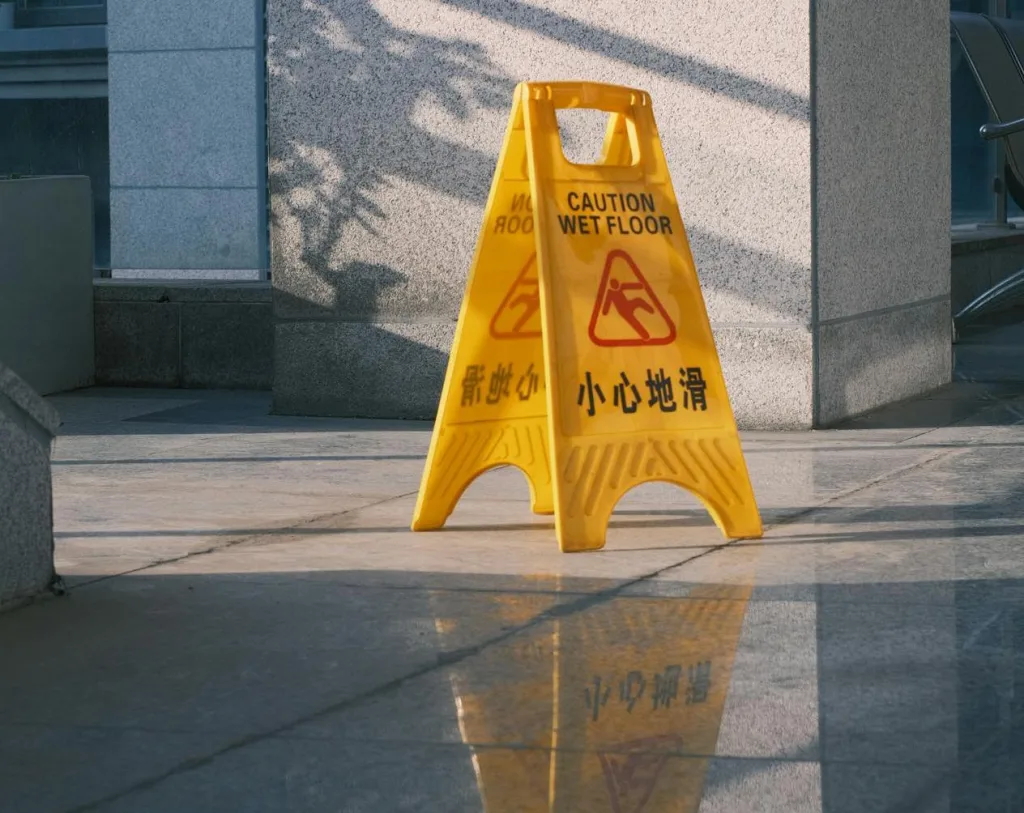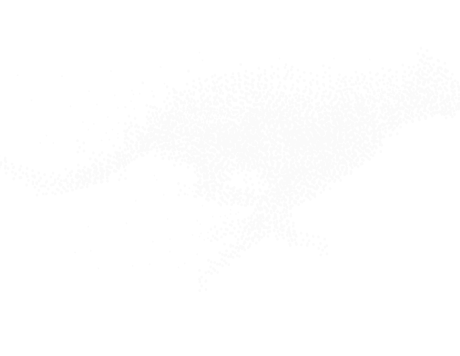If you have been injured on someone else’s property in Connecticut, you may have the right to file a premises liability claim. Your claim could help you secure compensation to cover your losses, such as medical expenses and lost earnings, as well as non-economic losses, like pain and suffering.
However, central to every premises liability case is the legal concept of duty of care. To win a premises liability case, you must first prove that the property owner had a duty of care toward you and that he or she breached that duty of care. You need to hire an experienced premises liability attorney focused on your best interests to get fast results.
In this post, we will explore the legal concept of duty of care in more detail in relation to premises liability cases and how a Connecticut premises liability lawyer can fight for fast and fair results on your behalf.

Defining Duty of Care in Premises Liability Cases
In a premises liability case, a duty of care is the legal obligation a property owner or occupier owes a person who enters his or her premises.
This duty involves maintaining safe premises that will not harm visitors and may include the following:
- Inspecting the property regularly
- Undertaking regular maintenance
- Taking reasonable steps to prevent accidents caused by dangerous property conditions
Under Connecticut law, the extent of a property owner’s duty of care depends on the relationship between owner and visitor.
Types of Visitors Under Connecticut Law
Connecticut premises liability law recognizes three types of visitors: invitees, licensees, and trespassers. Property owners and occupiers have different legal responsibilities toward each category, and these responsibilities can change in specific circumstances.
Invitees
Property owners owe invitees the highest duty of care. Invitees can be divided into three categories – public, business, and social. All are there by invitation and for the mutual benefit of the invitee and the property owner or occupier.
A classic example of this relationship is a customer in a store. The property owner has a legal obligation to inspect the property, warn visitors of dangers, and take reasonable care to ensure its safety.
Licensees
Licensees are social guests who are present with the property owner’s permission or invitation and are not there for business purposes. Property owners owe the following duty of care to licensees:
- To not cause intentional harm
- To exercise due care
- To warn of any known dangerous condition
The property owner’s duty to warn only extends to any known and concealed hazardous condition, not any obvious condition. Also, other statutes may limit the property owner’s duty of care, including when the land is available for recreational use. Therefore, it is vital to talk to a premises liability attorney to understand the property owner’s legal responsibilities in your case.
Trespassers
Trespassers are the only category of visitor whose status changes depending on whether the property owner knows they are present or not. When someone enters the premises without the owner’s permission, he or she is owed a limited duty of care by the owner. However, when the trespasser’s presence becomes known, the property owner's duty of care changes to that owed to a licensee.
Property owners also have a duty of care toward children who may trespass on their property. According to the Restatement (Second) of Torts rule in Connecticut, “if an owner knows or has reason to know that children will be on his property, he has the duty to protect them from injury.”
The property owner must either fix the hazardous condition or ensure children cannot access that part of the property, because the legal concept of attractive nuisance may also come into play. Under this rule, if a property contains a feature that children could find attractive, such as a swimming pool, it must be appropriately secured so they cannot access it. Otherwise, the property owner could be held liable for any injuries the child suffers from using it.
What type of visitor were you?
If you are unsure which category of visitor you would be, that is not surprising. An experienced Connecticut premises liability attorney can guide you through previous cases and help you understand your legal rights. However, if your case goes to trial, the judge or jury will make the final decision and decide whether the property owner owed you a duty of care.
Personal Responsibility: Comparative Negligence in Connecticut
Just because a property owner has a duty of care toward you when you enter the premises does not mean he or she is automatically liable if you injure yourself. Under Connecticut law, the accident victim’s negligence will also be considered when evaluating liability. If you share liability of 51 percent or more, you will not be able to recover compensation from the property owner.
For example, if you slipped and fell because you were distracted by your cell phone while walking around a store, you may be partially liable for your injuries. If you were found to be 30 percent liable, your compensation would be reduced by 30 percent.
Comparative negligence laws are challenging to navigate. To give yourself the best chance of achieving a fair settlement as fast as possible, hire a Connecticut premises liability attorney with a strong record of obtaining outstanding results for clients.
Proving Liability in Connecticut Premises Liability Cases
A premises liability attorney can evaluate the legal concepts discussed above to establish a property owner had a duty of care toward you when your accident occurred. Once established, your lawyer must prove the property owner breached the duty of care through negligence or intentional acts.
Proving negligence
In premises liability cases, the injured victim must prove that a dangerous condition existed and that the property owner either knew or should have known about it.
For example, if someone slips on a wet floor in a supermarket, it must be proven that the staff either knew about the dangerous condition or should have discovered it before the accident happened.
To build a strong premises liability case, the attorney must also prove that the property owner had a reasonable opportunity to correct the dangerous condition.
For example, in Hartford, CT, property owners must clear ice or snow from sidewalks abutting their property within 6 hours after a snow or ice event or before 9:00 AM when snow fell the night before. If an accident occurred outside of those times because an owner failed to fulfill his or her legal responsibilities, it might be possible to demonstrate the duty of care was breached.
Proving causation
A premises liability lawyer must also prove that the property owner’s negligence was the direct cause of your injuries. You can strengthen your case by seeking medical attention as fast as possible after your accident. The medical documentation could help prove your injuries were caused by your premises liability accident.
Proving damages
Finally, your personal injury claim must demonstrate that your injuries caused you financial and other losses for which you are entitled to compensation.
Economic damages may include:
- Medical expenses
- Lost wages
- Property damage
Non-economic damages could include:
- Mental anguish
- Disfigurement
- Loss of consortium
- Pain and suffering
To give yourself the best chance of success, you need to find the right Connecticut personal injury lawyer to represent you as fast as possible. There are many firms to choose from, but there is one known as “The Fast Firm” that aggressively pursues fast and fair results for their premises liability clients.
Trust “The Fast Firm” With Your Connecticut Premises Liability Case
A premises liability accident can happen fast, but the physical and financial recovery could take years. That is why you need an aggressive law firm that fights hard for fast and fair results for each client.
At Gould Injury Law, we do not believe in hanging around waiting for results. If we agree to take on your case, our legal team will get to work right away on investigating your claim and building a strong case for compensation. We do not cut corners to obtain fast results but rather put our experience and legal knowledge to work to find the strongest route to fast and fair compensation.
Your journey to fast results begins with a single phone call. Schedule a free consultation with a premises liability attorney by calling 888-WIN-FAST or filling out our contact form today.
Photo by Junchen Zhou
